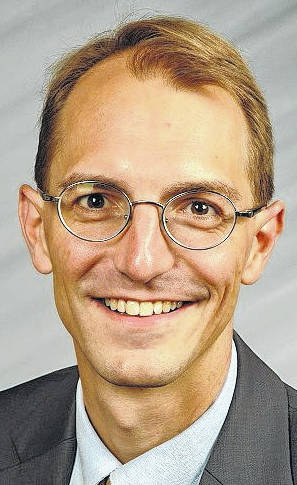
“Two months ago I was cautiously optimistic, but I’ve lost that.”
— Ohio State Athletic Director Gene Smith on the possibility of a 2020 football season
“Should you be playing football when your hospitals are inundated?”
— Dr. Amesh Adjala
Johns Hopkins University
As COVID-19 case numbers climb in the vast majority of states, and several large cities in Texas, Florida, and Arizona report nearing or exceeding hospital capacity, multiple college athletic conferences, including the Big 10, announced this week that if they have a fall sports season, they will reduce schedules to include only conference games. For football, that would mean a 10-game conference schedule that eliminates several marquee matchups.
Among the lost games would be Ohio State-Oregon, Wisconsin-Notre Dame, Michigan-Washington and Penn State-Virginia Tech. It would also eliminate scheduled Ohio State games against Bowling Green and Buffalo. Shortly after the Big 10 statement, the Pac-12 made a similar announcement, nixing OSU-Oregon on both sides of the equation, but for mid-major teams like UB and BGSU, the games against top-tier opponents bring in huge amounts of money for the football program specifically, and the athletic department generally. The University of Buffalo was scheduled to earn $1.8 million for this year’s Ohio State game.
The athletic departments should be lauded for thinking of the safety of their students and coaches first, and not allowing money to drive their decision-making. But these games are scheduled years in advance and are the subject of complex contractual agreements. So what happens if Bowling Green or UB should decide to sue Ohio State over the lost revenue from the game?
Most likely, the first defense that Ohio State would fall back on would be that they simply could not have foreseen a global pandemic arising at the time that they signed the contract to play either of those teams. They would then additionally argue that the occurrence of the unforeseeable event makes it impossible to perform under the terms of the contract itself. They could potentially activate a “force majeure” clause (a French term that translates literally to “superior strength”) if the contracts have such a provision, and claim that the virus is an “Act of God.” In general, that might be a logical defense. But it would have some specific challenges in a situation in which the Big 10 went ahead and played 10 conference games.
The argument the conference is making is that limiting the games cuts down on travel, reduces exposure to other teams and players, and allows the conference to strictly control the conditions under which all of the players are acting and playing. But playing a 10-game conference schedule would still take Ohio State football players on the road to Michigan, Maryland, Pennsylvania and Illinois. Bowling Green is in-state, and Buffalo is only six hours away, and they would both be traveling here. Further, both of those schools could agree to comply with whatever safety provisions Ohio State or the Big Ten dictated.
If it’s safe enough to play 10 games and travel to Maryland and Illinois, why isn’t it safe to host Bowling Green (another state school) on home turf? That would certainly be a more challenging argument to meet. It might be less likely that one state school would sue another, but shortly after the Big 10 decision was announced, Bowling Green Athletic Director Bob Moosbrugger issued a statement saying, “If we are to solve these challenges and be truly dedicated to protecting the health and safety of our student-athletes, we need to do a better job of working together.”
The terms of the contracts may contain specific buyout amounts. They may contain detailed cancellation terms. And Buffalo’s athletic director has already made statements hinting that OSU and UB may come to amicable terms on postponing the game to a future year.
These teams and schools all have the financial resources to litigate these issues. But their high profile status makes them the perfect example for raising the subject of complex claims that may apply to a variety of COVID-affected contracts. Wedding receptions, graduation ceremonies, youth sports seasons, construction contracts, business agreements and many, many others could be affected by unsettled times, and the same legal concepts could potentially come into play as a result.
It remains to be seen whether there will be a college football season in the fall, but if there is, we can hope that the next “Act of God” is another national championship for the Buckeyes.


